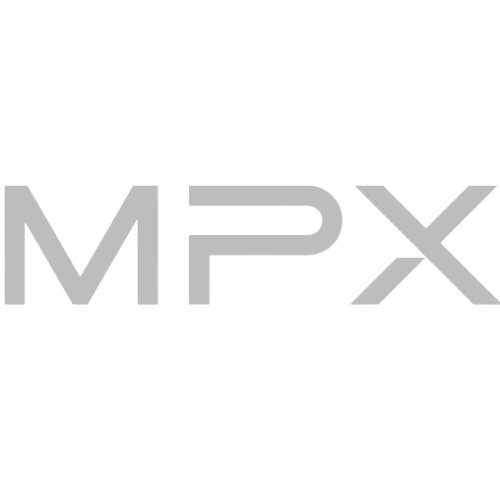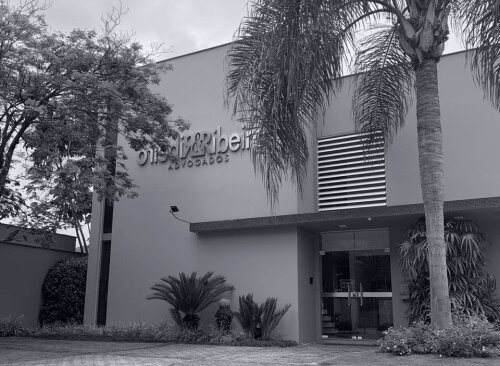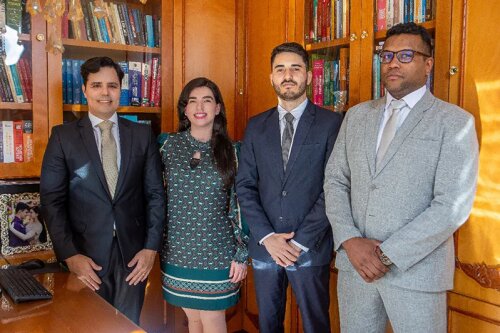Best Technology Transactions Lawyers in Brazil
Share your needs with us, get contacted by law firms.
Free. Takes 2 min.
Or refine your search by selecting a city:
List of the best lawyers in Brazil
About Technology Transactions Law in Brazil
Technology Transactions law in Brazil encompasses a range of legal issues that arise when businesses engage in transactions involving technology. This could include software licensing agreements, technology development agreements, data privacy compliance, intellectual property rights, and more. It's important to have a clear understanding of the legal framework surrounding these transactions to protect your interests and ensure compliance with Brazilian laws.
Why You May Need a Lawyer
There are several situations where you may require legal help in Technology Transactions in Brazil. Some common scenarios include negotiating technology contracts, resolving disputes over intellectual property rights, ensuring compliance with data privacy laws, and navigating complex licensing agreements. A qualified lawyer can provide guidance and legal advice to help you address these issues effectively.
Local Laws Overview
Key aspects of local laws that are particularly relevant to Technology Transactions in Brazil include the Brazilian General Data Protection Law (LGPD), intellectual property rights protections, and regulations surrounding technology contracts. It's essential to be familiar with these laws to ensure compliance and protect your business interests in Technology Transactions.
Frequently Asked Questions
1. What is the Brazilian General Data Protection Law (LGPD) and how does it impact Technology Transactions?
The LGPD is a comprehensive data protection law in Brazil that regulates the processing of personal data. It impacts Technology Transactions by requiring businesses to implement certain data privacy safeguards and obtain consent from individuals when collecting their personal information.
2. What are some common pitfalls to avoid in Technology Transactions in Brazil?
Common pitfalls to avoid include failing to properly protect intellectual property rights, overlooking data privacy regulations, and entering into vague or one-sided technology contracts. It's important to work with a skilled lawyer to navigate these potential pitfalls.
3. How can a lawyer help me in negotiating technology contracts?
A lawyer can assist you in negotiating technology contracts by reviewing the terms, ensuring they align with your business goals, and protecting your interests. They can also provide guidance on complying with local laws and regulations.
4. What should I consider when licensing technology in Brazil?
When licensing technology in Brazil, it's important to consider the scope of the license, any restrictions on use, payment terms, and intellectual property rights protections. A lawyer can help you negotiate favorable terms and ensure compliance with local laws.
5. How can I protect my intellectual property rights in Technology Transactions?
You can protect your intellectual property rights by registering trademarks, patents, and copyrights, drafting clear agreements that specify ownership rights, and enforcing your rights against infringers. A lawyer can help you develop a strategy to safeguard your intellectual property.
6. What are the consequences of non-compliance with data privacy laws in Brazil?
Non-compliance with data privacy laws in Brazil can result in significant fines, reputational damage, and legal liabilities. It's crucial to understand and adhere to the requirements set forth by the LGPD to avoid these consequences.
7. How can I ensure compliance with the Brazilian General Data Protection Law (LGPD) in Technology Transactions?
To ensure compliance with the LGPD in Technology Transactions, you should implement data protection measures, obtain consent from individuals when processing their personal data, and have clear data processing agreements in place. A lawyer can help you navigate these requirements.
8. What are the key considerations when entering into technology development agreements in Brazil?
Key considerations when entering into technology development agreements include defining project scope, deliverables, payment terms, intellectual property rights ownership, and dispute resolution mechanisms. It's important to have a well-drafted agreement that outlines these terms clearly.
9. How can I protect my business interests in Technology Transactions in Brazil?
To protect your business interests in Technology Transactions in Brazil, work with a lawyer to draft comprehensive contracts, conduct due diligence on potential partners, secure intellectual property rights, and ensure compliance with relevant laws and regulations.
10. How do I choose the right lawyer for Technology Transactions in Brazil?
When selecting a lawyer for Technology Transactions in Brazil, look for experience in the field, knowledge of local laws and regulations, a track record of successful outcomes, and clear communication skills. Schedule a consultation to discuss your needs and assess whether they are the right fit for your legal matters.
Additional Resources
For additional resources related to Technology Transactions in Brazil, consider reaching out to the Brazilian Bar Association (OAB), the National Institute of Industrial Property (INPI), and the Brazilian Data Protection Authority (ANPD). These organizations can provide valuable information and assistance in navigating legal issues in the technology sector.
Next Steps
If you require legal assistance in Technology Transactions in Brazil, consider contacting a qualified lawyer with experience in the field. Schedule a consultation to discuss your specific needs and develop a strategy to protect your interests and ensure compliance with local laws and regulations.
Lawzana helps you find the best lawyers and law firms in Brazil through a curated and pre-screened list of qualified legal professionals. Our platform offers rankings and detailed profiles of attorneys and law firms, allowing you to compare based on practice areas, including Technology Transactions, experience, and client feedback.
Each profile includes a description of the firm's areas of practice, client reviews, team members and partners, year of establishment, spoken languages, office locations, contact information, social media presence, and any published articles or resources. Most firms on our platform speak English and are experienced in both local and international legal matters.
Get a quote from top-rated law firms in Brazil — quickly, securely, and without unnecessary hassle.
Disclaimer:
The information provided on this page is for general informational purposes only and does not constitute legal advice. While we strive to ensure the accuracy and relevance of the content, legal information may change over time, and interpretations of the law can vary. You should always consult with a qualified legal professional for advice specific to your situation.
We disclaim all liability for actions taken or not taken based on the content of this page. If you believe any information is incorrect or outdated, please contact us, and we will review and update it where appropriate.
Browse technology transactions law firms by city in Brazil
Refine your search by selecting a city.














